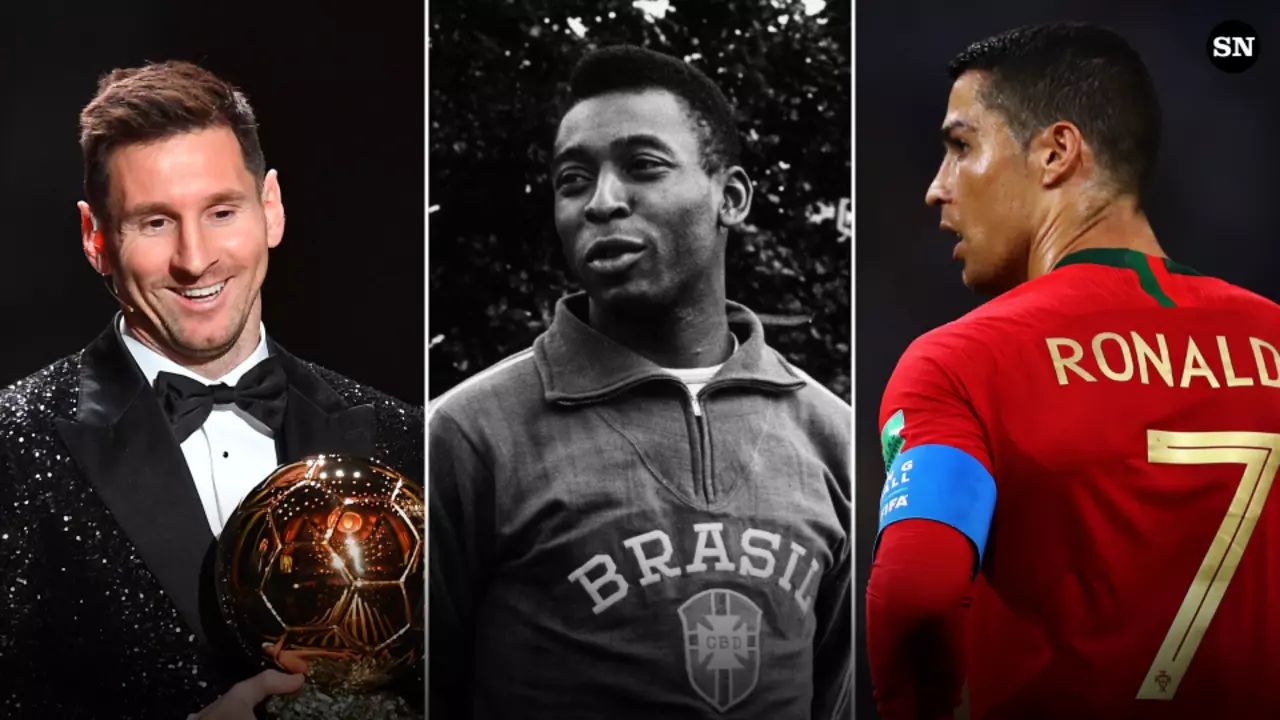Career in Football and Sports
When talking about Career, the long‑term professional journey a person follows, shaped by goals, training, and opportunities. Also known as profession, it defines how someone moves from a rookie to a seasoned veteran or pivots into a new role. In the world of football, a football player, an athlete who trains, competes, and tries to climb league tiers often starts in youth academies, signs contracts, and later may become a mentor or scout. Meanwhile, a football coach, the strategist who designs tactics, manages squads, and guides player development follows a path that can begin with certifications, assistant roles, and eventually head‑coach positions. career choices are also driven by sports investment, financial backing from owners, sponsors, and investors that creates new clubs, academies, or infrastructure, opening doors for talent to flourish or for professionals to enter management and administration.
Why career paths matter in football
Every step in a football career links to another: a player's performance can attract investor interest, while a coach's success may lead to lucrative contracts. This chain shows that career encompasses both on‑field progress and off‑field business moves. For example, when an owner like Evangelos Marinakis funds a youth academy, the academy becomes a pipeline for future players and staff, reshaping the entire ecosystem. Likewise, understanding sports equipment, the gear such as cleats or protective cups that influence safety and performance can affect a player's longevity, impacting long‑term career decisions.
From a practical standpoint, anyone eyeing a football career should weigh three core factors. First, skill development: consistent training, match experience, and adapting to different positions boost market value. Second, networking: connections with coaches, scouts, and investors often decide who gets the next break. Third, financial literacy: knowing how contracts, transfer fees, and sponsorships work helps players and coaches secure stable futures. These elements are tightly linked—strong performance draws better contracts, which in turn fund better equipment and training facilities.
Our collection of articles below reflects these ideas. You’ll find pieces on big‑money academy deals, the reality of protecting yourself on the pitch, and how private leagues generate revenue. There’s also a look at whether soccer cleats can double as baseball shoes, showing how equipment choices intersect with career versatility. Whether you’re a budding striker, an aspiring manager, or a fan curious about the business side, the stories give real‑world examples of career moves that matter.
Ready to see how professionals navigate contracts, gear up for new roles, and leverage investment opportunities? The posts ahead break down the tactics, offer insider insights, and give you a roadmap to think about your own football career path. Dive in and discover the practical steps that shape success on and off the field.

To be a professional soccer player, should you play in college?
In my opinion, playing soccer in college can be a stepping stone towards becoming a professional player. College soccer provides a competitive environment, helping athletes hone their skills and gain valuable experience. Additionally, a college education can serve as a backup plan in case a professional career doesn't pan out. However, some players may benefit from skipping college and pursuing professional opportunities directly, especially if they've already been scouted by top clubs. Ultimately, the decision to play in college should be based on an individual's unique circumstances and goals.

Who is the greatest soccer player to ruin their career?
Soccer is one of the most popular sports in the world and there have been some incredible players throughout history. Unfortunately, there have also been some who have ruined their own careers due to bad decisions or off-field issues. One of the most famous players to ruin their own career is Diego Maradona, the Argentinian legend who has been dubbed the greatest player of all time. Maradona's career was marked by greatness and controversy, with his drug and alcohol abuse leading to his downfall and eventual retirement from the game. Other players who have ruined their own careers include Luis Figo, Ronaldinho, and Mario Balotelli, who all made bad decisions that cut their careers short. While their careers are tragic, they serve as a cautionary tale to aspiring players to stay focused and stay away from any activities that could derail their future.